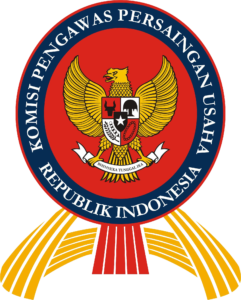
Badan Riset dan Inovasi Nasional
07-11-2022
13-08-2024
c895c1cc-f623-40ee-aa83-0eb8e300e167
Research about the utilization of kecondang (T. leontopetaloides) in Karimujawa ...
Amorphophallus is perennial tuber crop and a member of the Araceae family. There...
Tropical forset in the world are facing eminent threats of deforestation and deg...
Plants give us everything - food, medicine, shelter, fiber, fuel, air, and water...
Information on genetic diversity of fermentative yeast which produce ethanol is ...
INFORMASI: Data berikut ini masih dalam proses pemenuhan Prinsip SDI.
Gewang (Corypha Utan Lam.) As Local Food In Timor Island And Nutritional Properties
Gewang (Corypha utan Lam.) is a palm species which grows in the dry land and is distributed from North-east India to North Australia. Almost the whole part of that species has been utilized by Timor Island villagers for daily needs such as building construction, handicraft, animal fodder, alcohol beverages, sugar, and food. As food, gewang starch is extracted from its trunk. Before that starch is consumed, it is cooked with shredded coconut, named as"akarbilan" or "puta' laka". This food becomes common food, especially in isolated area in Timor Island. Based on our analyses, nutrient content of 100 gr gewang starch is as follow: 11.995 g water, 0.518 g ash, 202 g fat, 0.691 g protein, 86.594 g carbohydrate, 32.726 g amylose, 51.11 g amylopectin, 12.278 g glucomannan, 100.52 mg calcium (Ca), 136.74 mg phosphorus (P), 3.390 mg iron (Fe), 0.108 mg vitamin B1. These results suggest those gewang starch nutrient contents are almost similar to sago starch, extracted from sago palm (Metroxylon sagu). In the future investigation of gewang starch on their physical characteristics, nonitient properties, and processing should be carried out. Prospectively, gewang can to be used as food alternative, especially in dry land area such asTimor Island and adjacent regions in order to build food security in Indonesia. Proceeding of the International Seminar Current Issues and Challenges in Food Safety: Science-Based Approach for Food Safety Management. Bogor, December 2-3, 2009. hal. 307-320.
